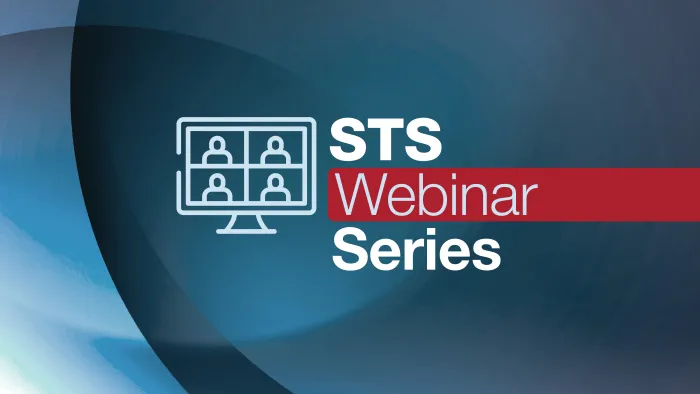With the emerging evidence, the use of SAVR in the era of TAVR expansion has been heavily debated. This webinar focuses on the latest science showing the benefit of SAVR over TAVR and will cover several key scenarios that could benefit from SAVR.
Moderators
George Arnaoutakis, MD
University of Texas at Austin Dell Medical School
Austin, TX
Puja Kachroo, MD
Washington University Physicians
St. Louis, MO
Panelists
Tsuyoshi Kaneko, MD
Washington University Physicians
St. Louis, MO
